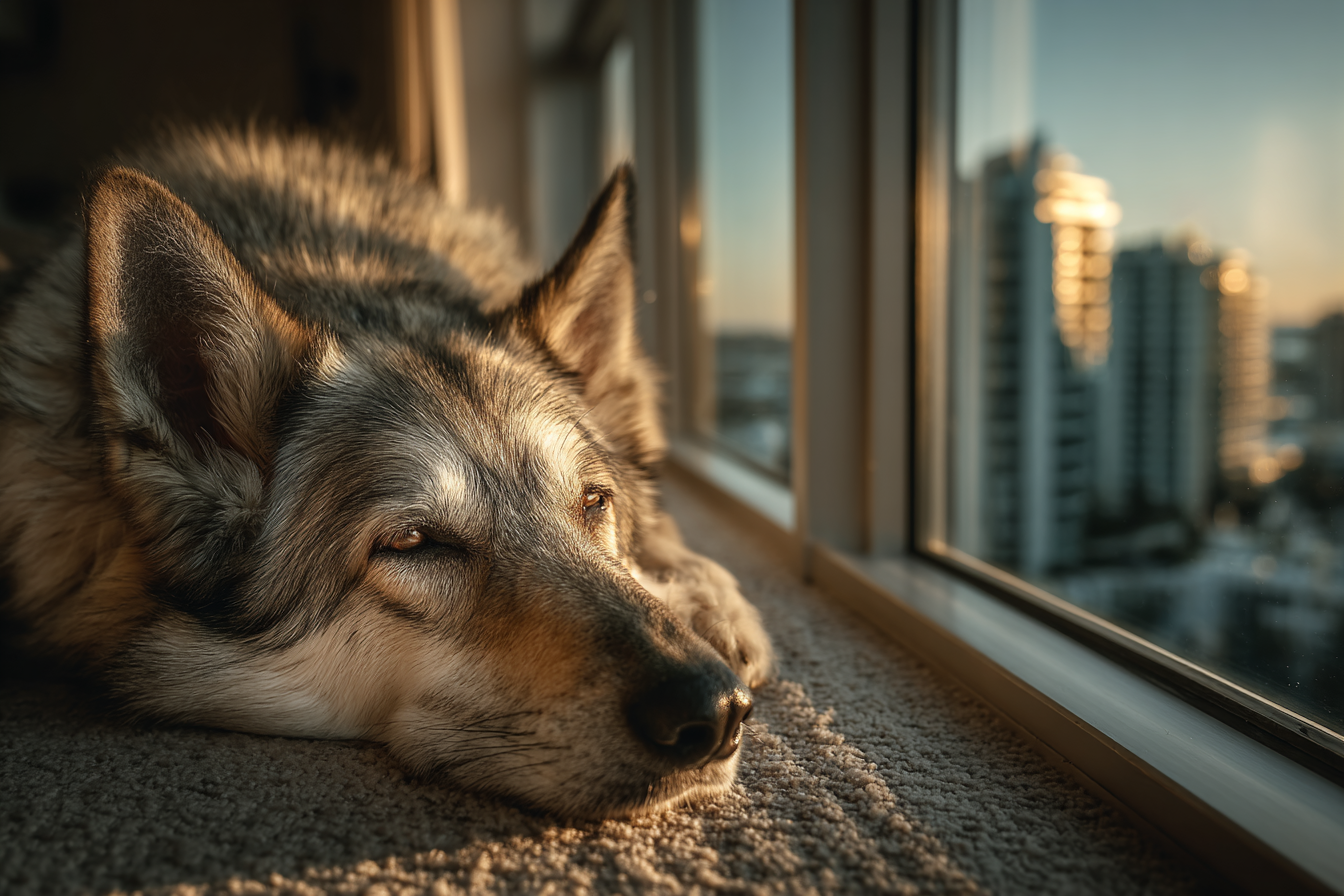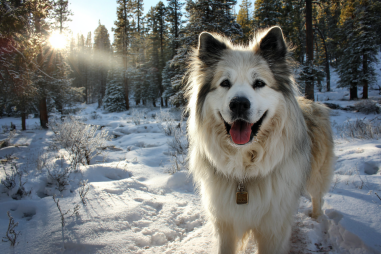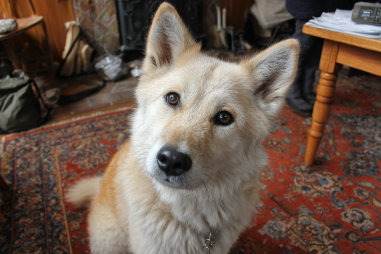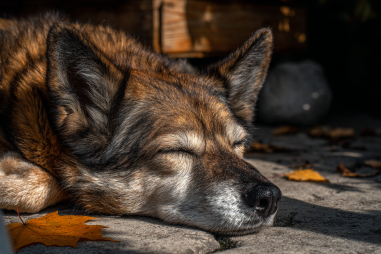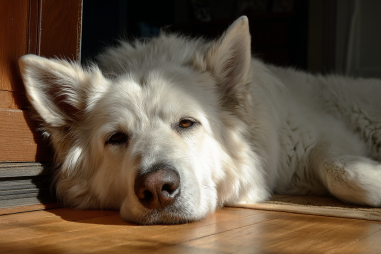Considering a Chinook dog for apartment living can be a rewarding yet challenging choice. Known for their friendly nature and striking appearance, Chinooks are a unique breed that combines athleticism with a lovable temperament. However, these dogs were originally bred for sledding and outdoor endurance, which means their needs may not always align well with the confines of apartment life. In this article, we’ll dive into the core aspects of Chinook dogs, including their activity levels, space requirements, and what apartment dwellers should consider to ensure a happy, well-adjusted pet.
Chinook Activity and Space Needs
One of the first things to understand about Chinooks is their high energy level. These dogs were bred to be working sled dogs in the cold climates of New England. As such, they have a natural drive for physical activity and mental stimulation. A typical Chinook thrives on long walks, running, and engaging in tasks that challenge their body and mind.
Space-wise, Chinooks are medium to large dogs, weighing between 45 to 70 pounds, with a strong, muscular build. They are not small lap dogs, and their size alone means they need enough room to stretch and move comfortably. While they can adapt to indoor living, including apartments, they do require dedicated space and time outdoors to release their energy and stay healthy.
Challenges of Apartment Living for Large, Active Dogs
Apartment living presents unique challenges for any large, active dog, and Chinooks are no exception. Limited indoor space can lead to boredom and pent-up energy, which may manifest as destructive behavior or excessive barking. Chinooks are intelligent and social dogs, but without adequate outlets for their energy, they can become restless or anxious.
Another challenge is the noise sensitivity of Chinooks. Apartments often mean closer neighbors and more frequent sounds, like footsteps, elevators, or other dogs barking. While Chinooks are generally friendly and confident, they can be sensitive to environmental noises, especially if they lack proper socialization. This can lead to stress or nervousness in a cramped setting.
Additionally, not all apartment complexes allow large or high-energy breeds, so it’s essential to check building regulations and consider if your living situation is suitable for this particular breed.
Tips for Keeping a Chinook Happy Indoors
Despite the challenges, many Chinook owners have successfully adapted their dogs to apartment living by focusing on the dog’s mental and physical needs. Here are some practical tips:
- Create a cozy, designated space: Give your Chinook a comfortable bed or crate in a quiet part of your apartment where they can relax and feel secure.
- Regular mental stimulation: Use puzzle toys, obedience training, and interactive games to keep their minds engaged.
- Consistent routine: Dogs thrive on routine, so establishing a predictable schedule for feeding, walks, and playtime helps reduce stress.
- Limit isolation: Chinooks are social dogs and enjoy being close to their human family. Try to minimize long periods when the dog is left alone.
- Use positive reinforcement: Reward calm and appropriate indoor behavior to encourage good habits.
Exercise Routines Suitable for City Life
Exercise is crucial for a Chinook’s well-being, especially in an apartment setting where space is limited. City living offers plenty of opportunities but requires commitment and creativity from the owner.
Consider daily schedules that include:
- Brisk walks: Aim for at least two walks per day, covering a mile or more, to help expend energy.
- Dog parks: Visiting a local dog park gives your Chinook a chance to run freely and socialize.
- Jogging or biking: If suitable, Chinooks can be great jogging partners, providing them with vigorous exercise.
- Indoor games: Tug-of-war or fetch with soft toys helps burn off energy when outdoor time is limited.
- Training sessions: Regular obedience or agility training stimulates their mind and body.
Socialization and Noise Considerations
Chinooks generally have a friendly and even-tempered nature, but socialization is crucial, especially in an apartment environment where encounters with strangers, other dogs, and various noises happen frequently. Early exposure to a variety of people, animals, and sounds can help reduce anxiety and improve confidence.
Noise sensitivity can be managed through gradual desensitization and creating a calm environment at home. Playing white noise or calming music during loud events can help buffer startling sounds. Additionally, ensuring your Chinook has a quiet retreat within the apartment can reduce stress.
Owner Experiences in Apartments
Many owners of Chinooks living in apartments share valuable insights that highlight both the challenges and the joys of having this breed in a smaller space. Owners often emphasize the importance of commitment to exercise and training. For instance, several apartment dog parents note that their Chinook thrives when they receive ample outdoor time, interaction, and mental engagement.
Some owners recommend supplementing walks with activities such as dog daycare or social meetups to fulfill the social needs of their dogs. They also stress the need for patience in training and dealing with occasional barking, especially when the dog is left alone.
Overall, owners agree that while Chinooks can live happily in apartments, success greatly depends on the owner’s ability to meet their dog’s physical and psychological needs diligently.
Making Apartment Life Work for Chinooks
Living with a Chinook in an apartment is certainly achievable with the right approach and a clear understanding of the breed’s needs. Ensuring your dog gets sufficient exercise, mental stimulation, and social interaction is the cornerstone of a happy apartment life.
Before bringing a Chinook into an apartment, prospective owners should consider their lifestyle and whether they can offer the time and resources needed. If you work long hours or have limited free time, a Chinook may struggle with the constraints of apartment living. However, with commitment, structure, and lots of love, these charming dogs can adapt well and become wonderful urban companions.

